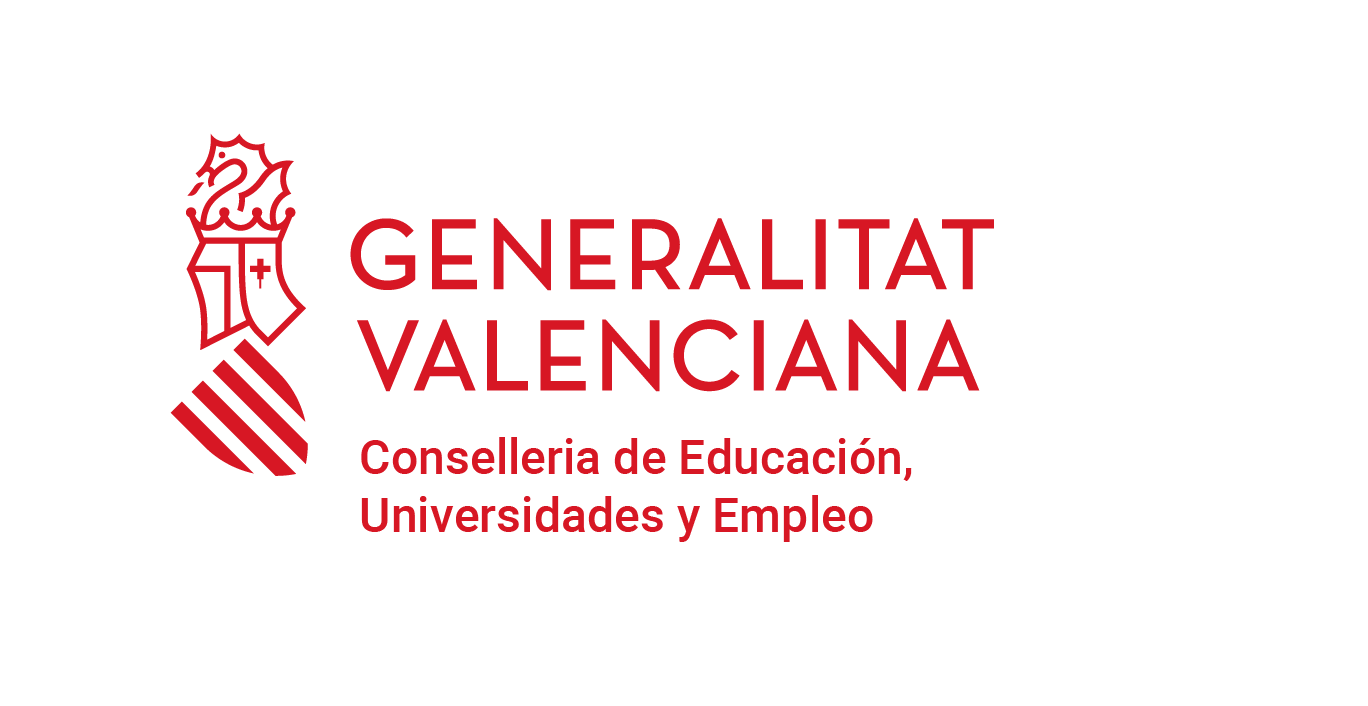The webinar organised by Espaitec and the Castellón Council Offices has stressed implementing technologies into the primary sector in an easy and user-friendly manner with land so they are effective.
Almost 100 people registered for the online seminar «Traceability in the primary sector», organised by Espaitec, the Science and Technology Park of the Universitat Jaume I (UJI) and the Castellón Council Offices (CCO) as part of the business innovation Castellón Global Program.
David Torres, the General Manager of Rural Development of the Regional Council of Agriculture, Rural Development, Climate Emergency and Ecological Transition (Generalitat Valenciana) participated in this webinar. He stressed that the administration must attentively listen to such technologies to innovate in such a relevant sector for the Valencian Community.
Torres shared some of the difficulties that the administration encounters to implement these technologies into a traditional and familiar sector, among which he stressed «the slow pace at which the administration faces these digital transformations, and the importance of beginning to prepare the agrarian and livestock sector so that the penetration of these technologies is understood, simple and user-friendly with land. This is a huge, but necessary challenge that the sector must contemplate in the mid term», he stated. He also explained some of the Generalitat Valenciana’s projects like «Molt de Gust», the brand of ecological products from the Valencian Community.
Lledó Novo, the technician in charge of the CCO’s Rural Development Department, also mentioned the above-cited difficulties from the Generalitat Valenciana, and stressed the work of the provincial administration to adapt to local producers’ requirements without forgetting that their management must move towards new models where technologies are prioritised more. «From the CCO, we wish to promote setting up technologies like blockchain to move towards more agility and transparency. However, we have encountered other priorities after listening to companies and producers», he said. He also explained the evolution of the programme «Castelló Ruta de Sabor», which involved an inverse traceability system.
From the University of Granada, Paco Luís Benítez, a consultant in governance and digital change management to develop intelligent settings, explained his general view of blockchain applied to land transformations. He highlighted that technology is still in its early days, but it is now crucial to ensure transparency in all areas of economic activity. «Using blockchain is related to a set of emerging solutions that can drastically change the way we manage the environment. By decentralised and transparent governance based on the intelligent organisation of all the stakeholders who intervene in the chain, we will move towards a collaborative and linear management system. This involves a change in culture and perception for companies and public administrations by unlearning to learn new processes. This is one of the main challenges we now face to start digital transformation in the sector», he ensured us.
Benítez also stressed that some technologies like big data have to address prescriptive models that indicate what to do with data, hence the importance of certifying data where it comes from. «Once again blockchain plays a key role here by transforming the Internet thanks to its capacity to give a value to part of the information surrounding us. Blockchain is understood as a premise to guarantee that the data generated online has added value», he explained.
This webinar ended by looking at two successful cases in Valencian firms that apply all sorts of technologies in the primary sector. From Vinaroz, Ivan Forner presented Aviar Tecnològica, a firm that develops electronic systems and industrial programming for poultry farms that has several patents. Forner stressed technology’s capacity to improve processes and underlined the importance of data for quick decision making in situations of crisis. He presented some of the developments that specialise in biosecurity for the poultry sector.
Pablo Rodrigo presented Trazable, a company from Valencia that develops food traceability from the field to points of sale. By controlling the whole chain, mistakes in the quality system are avoided, which can help to save costs by between 35% and 50%. Rodrigo highlighted a new business model in which the cost-value paradigm has changed and moved towards the competitiveness of risks. Guaranteeing supply chains’ resilience is crucial, hence the importance of data collection to improve decision making and forecasting. Finally, he underlined transparency as a purchasing lever. When convincing customers and seeking their loyalty, trust ensured by blockchain can increase sales by between 1% and 3%.




